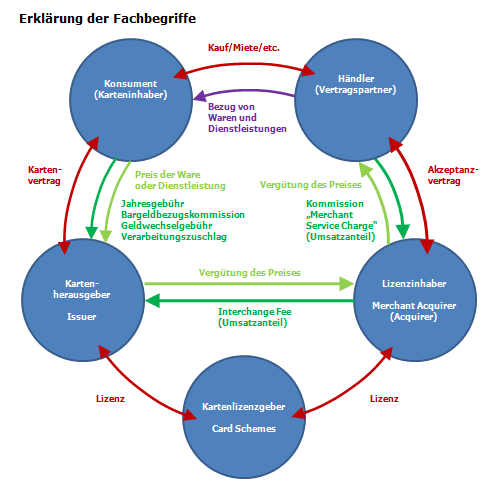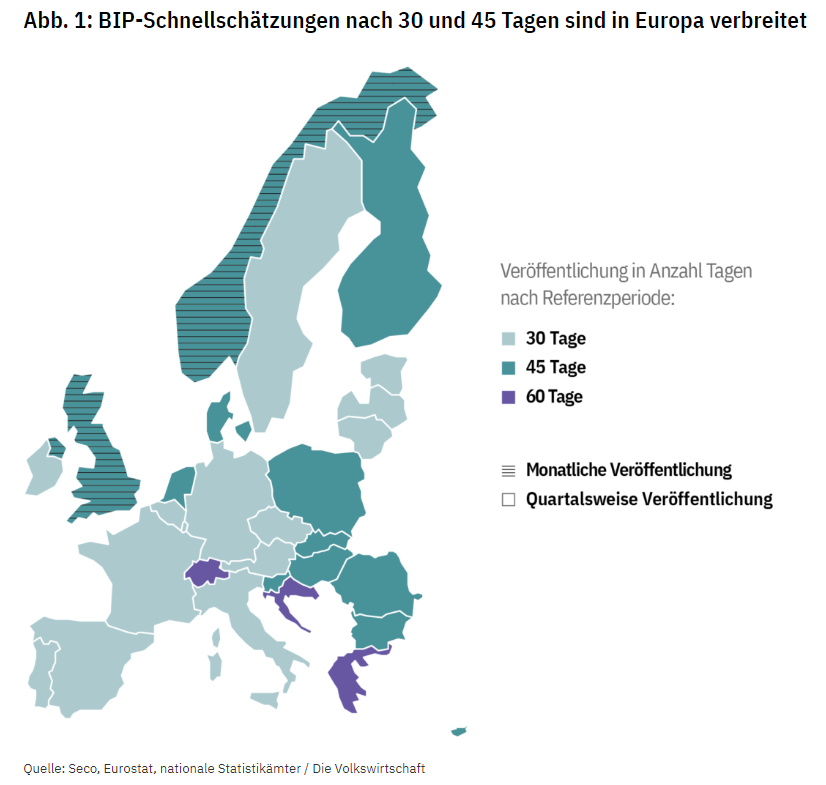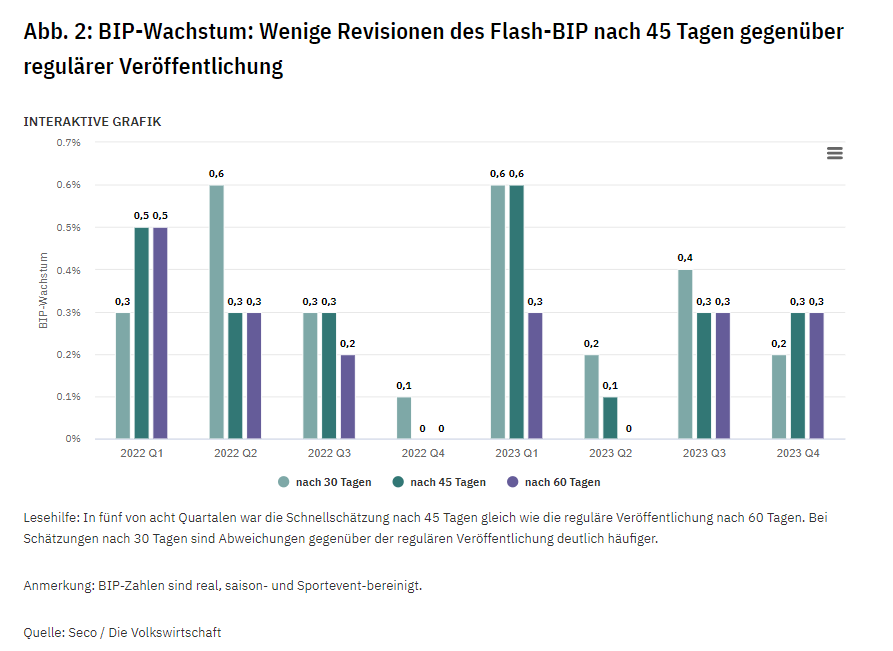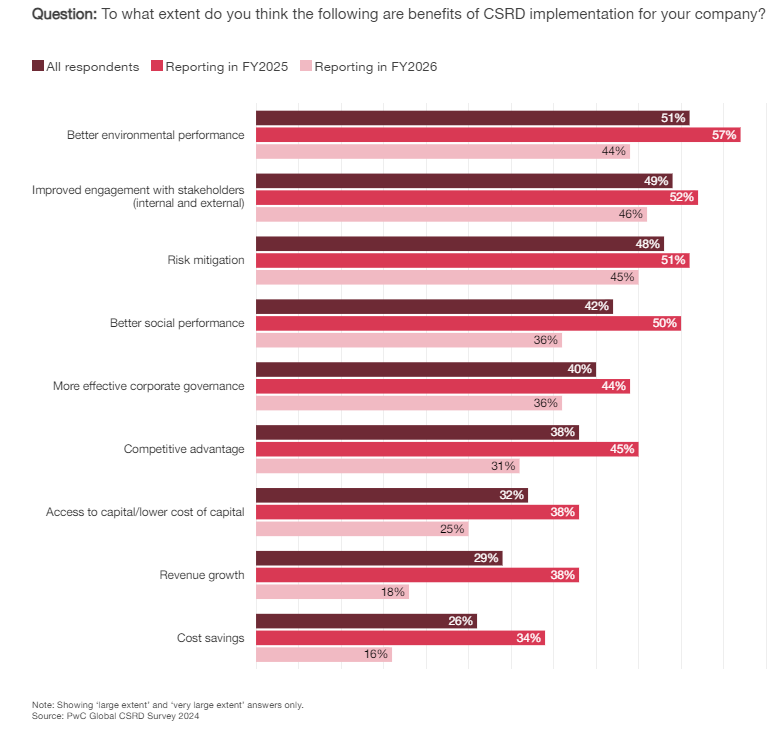TOMATO CATCH-UP - Newsletter Issue 269 - July/August 2024
Your monthly resource on working capital, process optimization, and issues related to the world of corporate treasurers, IT professionals, and bankers!
This newsletter is bilingual, English or German, depending on the source.
Introduction
Do you have a plan for quiet or rainy days this summer? Here’s one suggestion: Investopedia has put together a list of 10 Best Finance and Wall Street Movies you may want to check. These films are both entertaining and educational.
These 10 movies, in no particular order, were chosen for their financial and stock market storylines plus their "plucked from the headlines" resonance:
- Wall Street (1987)
- Margin Call (2011)
- Boiler Room (2000)
- The Wolf of Wall Street (2013)
- Enron: The Smartest Guys in the Room (2005)
- Rogue Trader (1999)
- Glengarry Glen Ross (1992)
- American Psycho (2000)
- Barbarians at the Gate (1993)
- The Big Short (2015)
This month’s Catch-Up includes topics such as Coupa Treasury Support, Swiss Instant Payments, Debit Cards Use, Swiss GDP Figures, CSRD for Swiss Companies, Egoism & Self Intrerest, Achieving Greater Things, and more.
Remember that for any challenge related to your financial issues, you can ask Martin Schneider for a discussion that will clarify it. Contact Martin via email or call +41 44 814 2001.
- Schweizer Instant Zahlungen ab Ende August 2024
- The Use of New Debit Cards on Vacation Abroad
- Der Schweizer Bundesrat bestätigt Basel III per 1. Januar 2025
- Projekte in Coupa Treasury?
- Schweizer BIP-Zahlen: Neu nach 45 Tagen verfügbar
- Key Implications of CSRD
- Eigeninteresse nur bei ¼ der Menschen - Interview mit dem Ökonomen Ernst Fehr
- Book Tip – Hidden Potential: The Science of Achieving Greater Things
- Termine & Events
- From the Desk of Tomato
1. Schweizer Instant Zahlungen ab Ende August 2024
In der Schweiz wird Instant Payments ab 20. August 2024 in Betrieb gehen. 60% der Schweizer Banken sollen mit dabei sein. Im Empfang von Instant Payments werden es sogar über 90% sein. Dieses SIC5 Projekt von SNB und SIX startete im November 2023.
Der bisherige SIC Realtime Zahlungsverkehr bietet an Bankwerktagen bis circa 12 Uhr mittags seit Jahrzehnten einen Echtzeit-Zahlungsverkehr mit Wertstellung Valuta same day. Für Privatpersonen und Kleinst-KMU steht seit über 3 Jahren das Smartphone-Twint-System zur Verfügung. Eine Smartphone-App, wo der User an alle seine Schweizer Kontakte im Smartphone und ohne Kenntnis der IBAN-Zahlungen ausführt. Die Twint-Verbuchung erfolgt am nächsten Bankwerktag.
In 30 Europäischen Ländern können rund 2.300 Banken und Zahldienstleister Instant verarbeiten. Der Anteil an Instant-ZV betrifft bei weitem nicht jede Person. Im SEPA-Raum benötigte ich seit 2017 Instant Payment nur gerade einmal an einem Freitagabend um 23 Uhr zur Deckung eines Bankkontos.
Im Treasury und Corporate Umfeld sehen wir bei Tomato den Anteil von Treasury Payments nochmals als klein an. Für wichtige Corporate Zahlungen (FX, IC-Darlehen, M&A Zahlungen) dient weiterhin das bewährte Produkt mit Swift MT101. Die Mehrkosten beim Swift MT101 wiegen die Präzision und Zuverlässigkeit mehr als auf.
Mehr Details in der Lektüre von Zürcher Wirtschaft
2. The Use of New Debit Cards on Vacation Abroad
This article is based on French-Swiss Radio RTS RSR1 broadcast in April and June. Maestro, EC-Cards, or Giro cards are being replaced more and more by debit cards from Visa and Mastercard. The blue Maestro sign, also called EC Card or Girocard in Germany, will be discontinued at the expiration date of the card or by the bank’s new issuance of cards.
According to a 9-minute podcast in French, someone who buys daily a croissant or ice cream in Euroland will be charged 2 CHF each time depending on the card issuing bank. Martin’s suggestion: Let’s face it, for petty cash shopping it is still best to use cash in the local currency.
Article RSR La1ère: Since 2018, banks have been replacing their Maestro cards with Mastercard or Visa direct debit. Not all foreign shops accept all debit cards. Here are the main changes for customers:
- In Switzerland the annual fee for debit cards has risen from CHF 30 to CHF 40. Now debit cards allow new Online-Shopping and blocking replacement fee are gone;
- Debit cards allow digitization of cards in digital wallets like Apple Pay and Samsung Pay, or in mobile apps like the SBB (Swiss Railways);
- The increase in fees due to the new bank interchange fees, which did not exist with Maestro, are deducted by acquirers, and paid back to the issuing banks.
- Mastercard commissions are capped at two francs per transaction, Visa commissions at three francs.
En Français RTS La1ère: Nouvelles cartes de débit: plus pratiques, mais plus chères pour les commerçants
En Français RTS La1ère: Pour Ecouter en 9 minutes
Folgend in Deutsch die Kosten für Händler in Deutschland. Die Zahlen werden ähnlich sein im DACH-IT-FR Raum. Folgend die Tabelle und Bericht aus Die Bezahlexperten

Wer immer als Corporate auch Webshops / Online Shops anbietet sieht sich in Treasury in Sachen Debitoren Zahlungen mit Tomato-Fachbegriffe-im-Kreditkarten-ZV konfrontiert. Die folgende Grafik finden Sie auf der Tomato Site.

3. Der Schweizer Bundesrat bestätigt Basel III per 1. Januar 2025
Wie in der Januar-Ausgabe unseres Newsletters erwähnt, hat der Schweizer Bundesrat an seiner Sitzung vom 26. Juni 2024 von der weltweiten Übernahme des Standards Basel III für Banken Kenntnis genommen. Am 1. Januar 2025 tritt wie geplant die Änderung der Eigenmittelverordnung (ERV) in Kraft, mit der das Kriterium in die Schweizer Gesetzgebung umgesetzt wird.
Trotz Verzögerungen in einigen Ländern, Basel III tritt wie geplant am 1. Januar 2025 in der Schweiz in Kraft.
Insbesondere die Solvenz und Liquidität der Banken soll verbessert werden. Im Dezember 2017 verabschiedete der BCBS (Basel Committee on Banking Supervision) das endgültige Rahmenwerk, das im Februar 2019 einen überarbeiteten Mindeststandard für Marktrisiken enthält. Er schreibt unter anderem vor, dass die risikoreicheren Segmente des Bankensektors mit mehr Kapital und die weniger risikoreichen Bereiche mit weniger Kapital unterlegt werden müssen.
Please read details in Deutsch, Français and English
4. Projekte in Coupa Treasury?
Wie kommen Sie voran als tm5-User bei Erweiterungen und Projekten? Fehlt Ihnen bei Fragen möglicherweise der kompetente Ansprech- und Umsetzungspartner für Ihre Planungen?
In den Jahren 2011 bis 2019 hat Tomato viele tm5 Projekte begleitet und deren Prozesse zu ERP und Bank optimiert. Gemeinsam mit unserer grossen IT-Affinität und langjährigen TMS-Erfahrung sollten wir Ihre Ziele erreichen.
Besprechen Sie Ihre Fragen und Anliegen mit Martin Schneider Telefon +41 44 814 2001
5. Schweizer BIP-Zahlen: Neu nach 45 Tagen verfügbar
Artikel aus «Die Volkwirtschaft»: Brutto-Inland-Produkt-Zahlen (BIP) wurden bisher nach 60 Tagen veröffentlicht. Schnelleinschätzungen wären wichtig und vorrangig. Bisher gehörte die Schweiz zu den langsamen Veröffentlichern nach 60 Tagen (Bild folgend unten).
Ab Mai 2024 veröffentlicht das Schweizer Seco vierteljährlich eine solche Schnellschätzung der Ost-EU-Länder Holland und Dänemark nach 45 Tagen. Norwegen und UK berichten monatlich.


Weitere Lektüre im Die Volkswirtschaft.
6. Key Implications of CSRD
Companies see multiple business benefits flowing from sustainability reporting under CSRD, according to a PwC survey conducted on 547 executives and senior professionals in over 30 countries. A third of the participants are in C-suite positions, with the remaining members being senior professionals from various business functions such as risk, finance, and sustainability.

Swiss companies are in many cases directly impacted:
- For companies headquartered in Switzerland, this may be due the financial market focus on the EU including stock exchange listings and for some that are already in ‘Wave 2’ or the latest in ‘Wave 4’ due to their substantial business activities.
- For subsidiaries under an EU or non-EU parent, the move to CSRD reporting on a group level is likely within the next 5 years;
- When it comes to harmonizing their group sustainability report, groups with a substantial EU footprint should consider when not if they should switch from GRI to CSRD.
The Swiss Federal Council is expected to announce shortly to what extent and how quickly the Swiss requirements will be further harmonized with the EU requirements.
Further insights on PwC_sustainability report
7. Eigeninteresse nur bei ¼ der Menschen - Interview mit dem Ökonomen Ernst Fehr
Der Zürcher Professor Ernst Fehr, einer der einflussreichsten Ökonomen im deutschsprachigen Raum, zeigt in einer Studie mit seinem Team, dass nur 25 % der Menschen aus reinem Eigeninteresse handeln. Die Studie zeigt auf, dass Menschen je nach ihren sozialen Präferenzen sich in drei Gruppen einteilen lassen:
- Altruisten (35 % der Stichprobe): Eine altruistische Person ist bereit, ihre eigenen Ressourcen einzusetzen, um anderen, die weniger Glück haben, zu helfen.
- Ungleichheitsvermeider (45 % der untersuchten Stichprobe): Diese Menschen haben den Wunsch, den Benachteiligten zu helfen, und sind bereit, auf ihren eigenen Wohlstand zu verzichten, um die Einkommensvorteile der reicheren Menschen zu verringern.
- In erster Linie egoistisch: Alle Menschen haben einen egoistischen Charakterzug und halten es für positiv, mehr zu verdienen. Der Unterschied ist, dass es in dieser Gruppe (20-25 %) keine sozialen Motive wie Altruismus oder Abneigung gegen Ungleichheit gibt, die das egoistische Verhalten einschränken.
Die Forschung sagt relativ wenig darüber aus, warum eine Person eher von sozialen oder egoistischen Motiven angetrieben wird, was viel mit der Erziehung, der Aufmerksamkeit, die eine Person erhält oder den Schulnoten zu tun hat.
Das optimale Mass an Gleichheit sei von Gesellschaft zu Gesellschaft unterschiedlich. In den USA zum Beispiel toleriert das politische System viel mehr Ungleichheit als in der Schweiz. Das hat auch mit der direkten Demokratie zu tun, die bei uns als Korrektiv wirkt. Die Präferenzen der Bürger können so besser umgesetzt werden.
Details in der NZZ. Monatlich sind 30 Artikel kostenfrei
8. Book Tip – Hidden Potential: The Science of Achieving Greater Things
Hidden Potential offers a new paradigm for aiming higher and rising above. From the playground to the Olympics, the classroom to the boardroom, and underground to space, the author skillfully combines ground-breaking research, unexpected revelations and engaging storytelling. Adam Grant demonstrates that learning effectiveness is more important for determining progress than work ethic. Character development is what matters most in terms of growth, not brilliance.
Throughout the book, the author delves into the development of character traits and motivational frameworks that enable us to reach our full potential as well as the creation of systems that provide opportunities for those who have been overlooked.
Anyone may ascend to greater heights, as this book demonstrates. The ultimate measure of your potential is not the peak you've attained, but rather the height you had to climb to get there.

9. Termine & Events
- Aug. 27 – 28, 2024: Fintech South, Atlanta, Georgia, USA
- Sep. 5, 2024: FinCrime & Cybersecurity Summit, Frankfurt, Germany
- Sep. 9 – 11, 2024: Finnovate Fall, New York, USA
- Sep. 10 – 11, 2024: Seamless Europe, Munich, Germany
- Sep. 16 – 17, 2024: MONEYLIVE North America, Chicago, USA
- Sep. 18 Jahrestreffen Schweizer Treasurer in Rotkreuz, at the Railway grid Zurich-Lucerne
- Sep. 23 – 24, 2024: Cours intensif Swiss GAAP RPC - formation de 2 jours axée sur des exemples pratiques et l’échange d’expériences, de PwC à Genève, Suisse
- Sep. 24, 2024: Smarter Payments Summit, Manchester, UK
- Oct. 2 – 4, 2024: EuroFinance, International Treasury Management, Copenhagen, Denmark
- Oct. 3, 2024: PwC Digital Leadership Summit 2024, Zurich, Switzerland
- Nov. 10 – 11, 2024: 15th NextGen Payments & RegTech Forum, Austin, Texas, USA
- Nov. 13 – 15, 2024: IACT 2024 Annual Treasury Management Conference, Dublin, Ireland
- Nov. 21 le soir Le Marche Monétaire de la BNS à Genève
- Nov. 27 – 28, 2024: Structured Financein German, physical, ICS trade fair Stuttgart
10. From the Desk of Tomato
Many of our readers already drive e-cars, a recent report from Mobility, the Swiss Car sharing company, might be a good suggestion for your summer reading list. The report highlights the results of a 2-year project run from 2022 to 2024, dubbed “V2X Suisse” ***, which involved 50 e-cars cars. This trial is considered one of the biggest of its kind in Switzerland to this date.
Here’s what you’ll find:
- What is bidirectional charging?
- What are the project's key findings?
- Can bidirectional cars generate an income from feeding electricity into the grid?
- Did any customer come across an empty battery?
- What real-world conclusions does Mobility draw from its participation in the V2X project?
- What hurdles need overcoming for the technology to mature?
Enjoy the fun of knowing more about e-cars, loading, and discharging.
More to read in these languages
*** V stands for vehicle, the number 2 is pronounced to and the X means any recipient. In other words, the electricity flows from the electric vehicle to any location, e.g. into the grid or into the household’s electrical installation. The terms Vehicle-to-Grid and Vehicle-to-Home are derived from this arrangement.
Enjoy the Summer, Martin & Team from the Tomato Atelier
